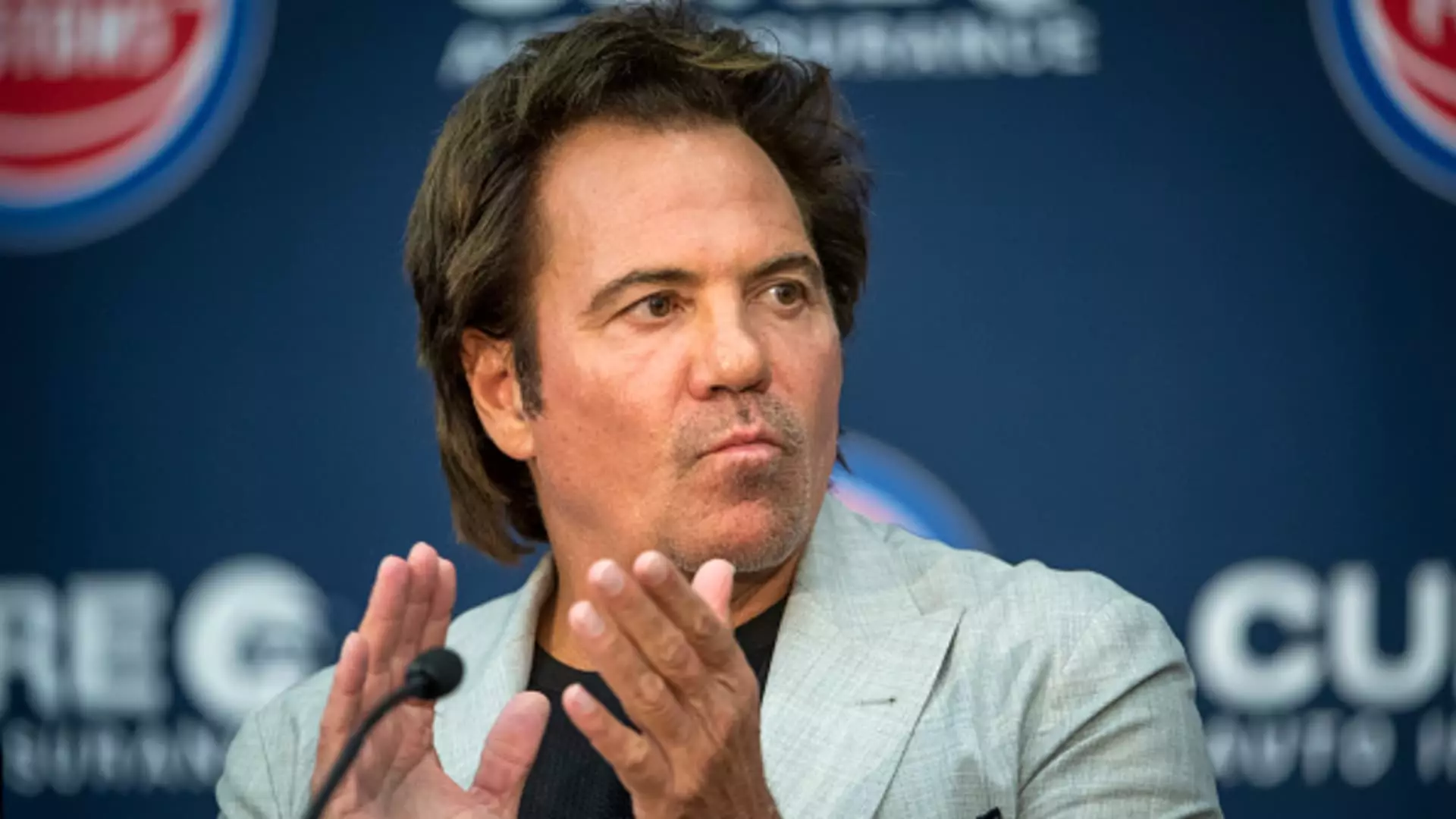The world of professional sports often intersects with complex financial arrangements, especially within the realm of private equity. Recently, billionaire Tom Gores made headlines with his agreement to purchase a 27% stake in the Los Angeles Chargers for $750 million. This transaction, valued at an eye-watering enterprise estimate of $4 billion, prompts a necessary exploration of the implications for Gores, the Chargers, and the broader NFL landscape.
At first glance, the purchase price of $750 million for a 27% stake might seem steep, but it carries substantial implications in the context of team valuations. CNBC’s 2024 NFL Team Valuations estimate the full worth of the Chargers at $5.83 billion, placing Gores’ negotiated price at over a 30% discount to the team’s ostensibly inflated market value. Such discounts are not uncommon; typically, limited partners without direct control can expect to see reductions ranging from 20% to 25%. Gores’ larger share may reflect the challenges posed by the current economic climate in sports franchises or perhaps the unique positioning of the Chargers amidst their competition.
The critical aspect to note here is that while Gores will own a significant portion of the team, this does not confer any direct management or operational control. Instead, he enters a limited partner role, which comes with the acceptance of not influencing the decisions that shape the team’s future. This reality raises questions about the motives behind such investments when the stakes involved are so high yet devoid of an ability to steer the team in any particular direction.
An extra layer of complexity accompanies the transaction in the form of a “flip tax.” This 10% fee assessed on the sale price will be borne by the seller, distributed equally among all 31 NFL teams, creating a mechanism that indirectly affects all franchises within the league. Such regulations are reflective of broader strategies within the NFL that promote stability among teams and prevent speculative practices that could harm league integrity.
Moreover, this deal serves as a resolution to longstanding legal tussles involving Dea Spanos Berberian and her siblings, particularly concerning the ownership structure of their family’s franchise. Berberian’s previous attempts to force a sale due to internal disputes highlight the often tumultuous nature of family-owned sports teams. This agreement will hopefully restore some level of harmony within the Spanos family while allowing for a more concentrated ownership approach moving forward.
It’s noteworthy that Gores also owns the NBA’s Detroit Pistons, and he appears to favor a tenant model for his sports franchises. The Pistons share their arena, Little Caesars, with the NHL’s Red Wings, while the Chargers play at SoFi Stadium, primarily owned by Stan Kroenke, who also controls the Rams. This dynamic exhibits how renting can alleviate hefty financial burdens typically associated with owning and managing sports venues, such as financing costs, revenue-sharing from events, and operational management.
However, being a tenant comes with compromises. While avoiding some of the financial risks associated with venue ownership, Gores may miss opportunities linked to lucrative non-NFL events held at these arenas. His approach seems to underscore a growing trend among investors looking to mitigate risk while maximizing allure and star power through team ownership without the encumbrances of facility management.
Tom Gores’ investment marks a significant inflection point not only for the Chargers but also exemplifies the evolving dynamics of wealth and influence in professional sports. Evaluating this deal necessitates a broader understanding of the challenges facing NFL franchises and internal family disputes that complicate ownership structures.
As franchises navigate the demanding world of sports economics and the complexities of ownership, the arrangements and partnerships formed today will inevitably shape the landscape of American football in the years to come. Gores’ decision to strategically invest, even as a limited partner, may herald a new wave of private equity engagement within the NFL, raising the stakes ever higher in a game defined by both financial acumen and competitive spirit.


Leave a Reply